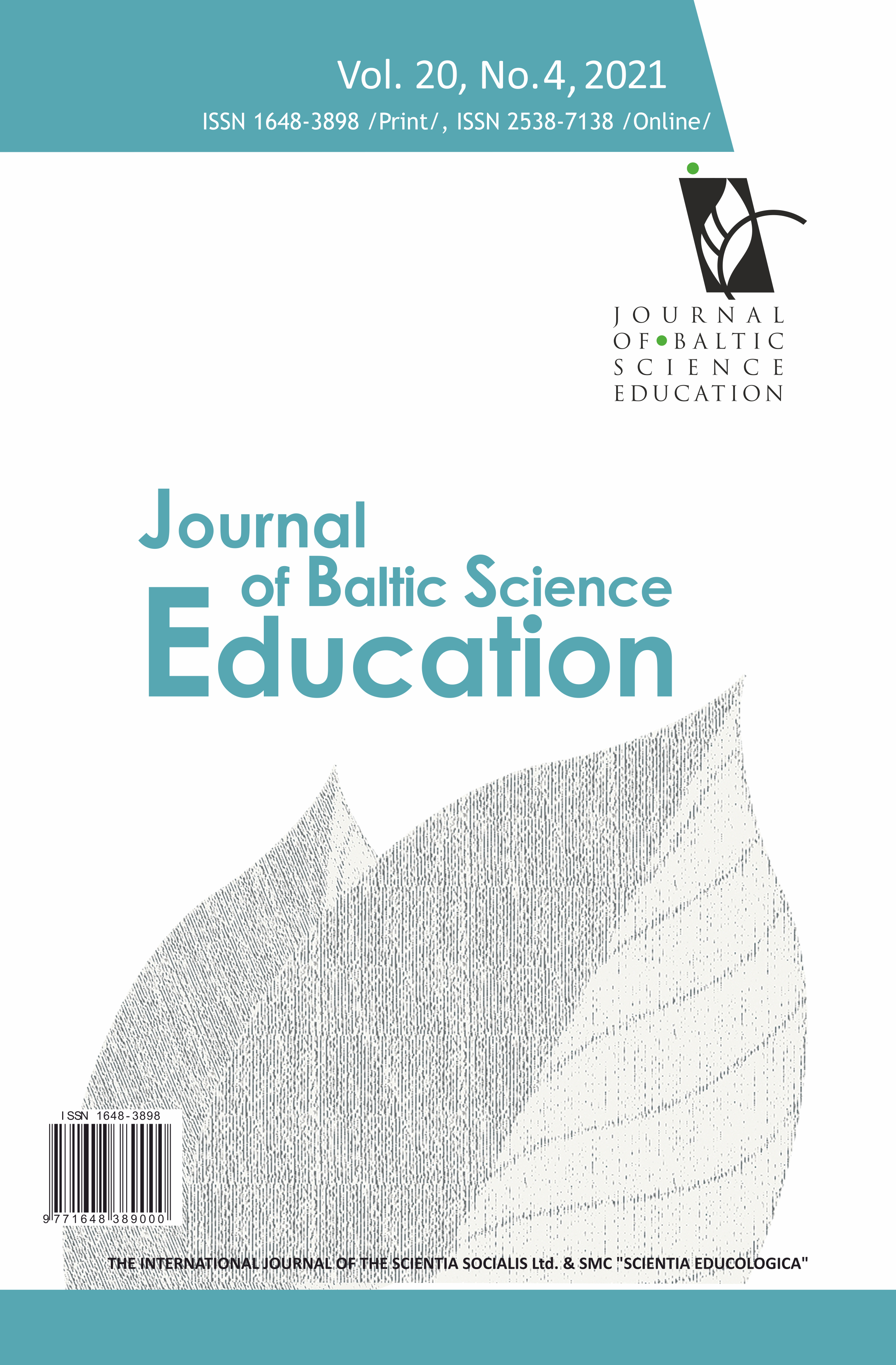COMPARISON OF AUGMENTED REALITY AND CONVENTIONAL TEACHING ON SPECIAL NEEDS STUDENTS' ATTITUDES TOWARDS SCIENCE AND THEIR LEARNING OUTCOMES
COMPARISON OF AUGMENTED REALITY AND CONVENTIONAL TEACHING ON SPECIAL NEEDS STUDENTS' ATTITUDES TOWARDS SCIENCE AND THEIR LEARNING OUTCOMES
Author(s): Turki AlqarniSubject(s): Social Sciences, Education, Pedagogy
Published by: Scientia Socialis, UAB
Keywords: augmented reality; attitudes towards science; learning disabilities; learning outcomes;
Summary/Abstract: This study examined the impact of the Augmented reality (AR) use on Jordanian 6th grade students' attitudes towards science and their learning outcomes. A quantitative quasi-experimental study is preceded with the Pre-test and Post-test control group design model, where 24 students who identified to have special needs participated in this study and were randomly divided into two groups. Two groups, control group 12 students were taught conventionally, and 12 students were designated as the experimental group, they used the AR technology for four weeks. The two scales used in this research were reliable and validated. The results show significant results for the AR technology in enhancing student learning outcomes. Additionally, results supported that AR technology has the potential to enhance students with learning disabilities positive attitudes. The result shows that AR technology helped students in promoting positive attitudes towards students and enhance students learning outcomes.
Journal: Journal of Baltic Science Education
- Issue Year: 20/2021
- Issue No: 4
- Page Range: 558-572
- Page Count: 15
- Language: English

